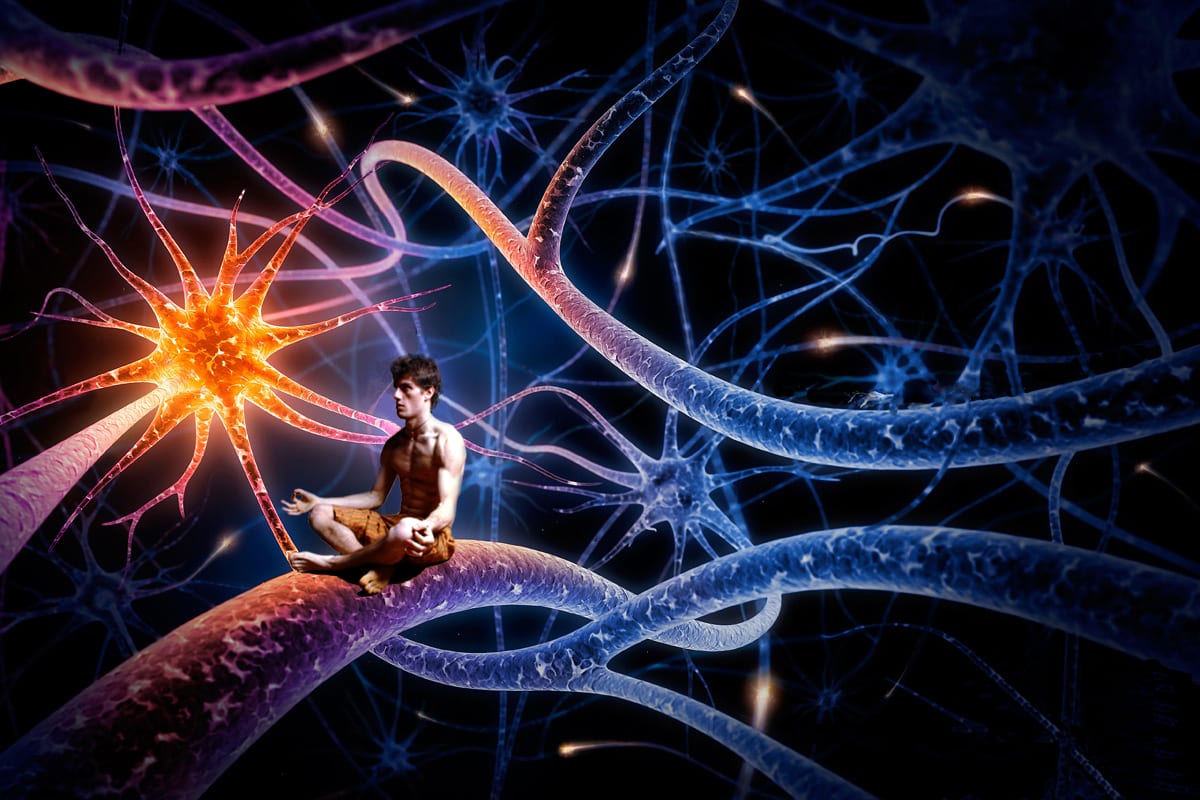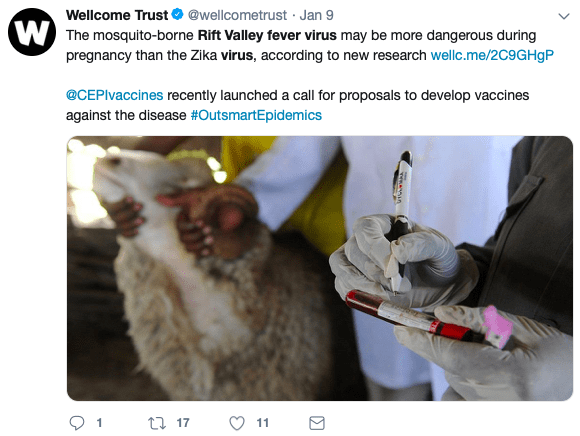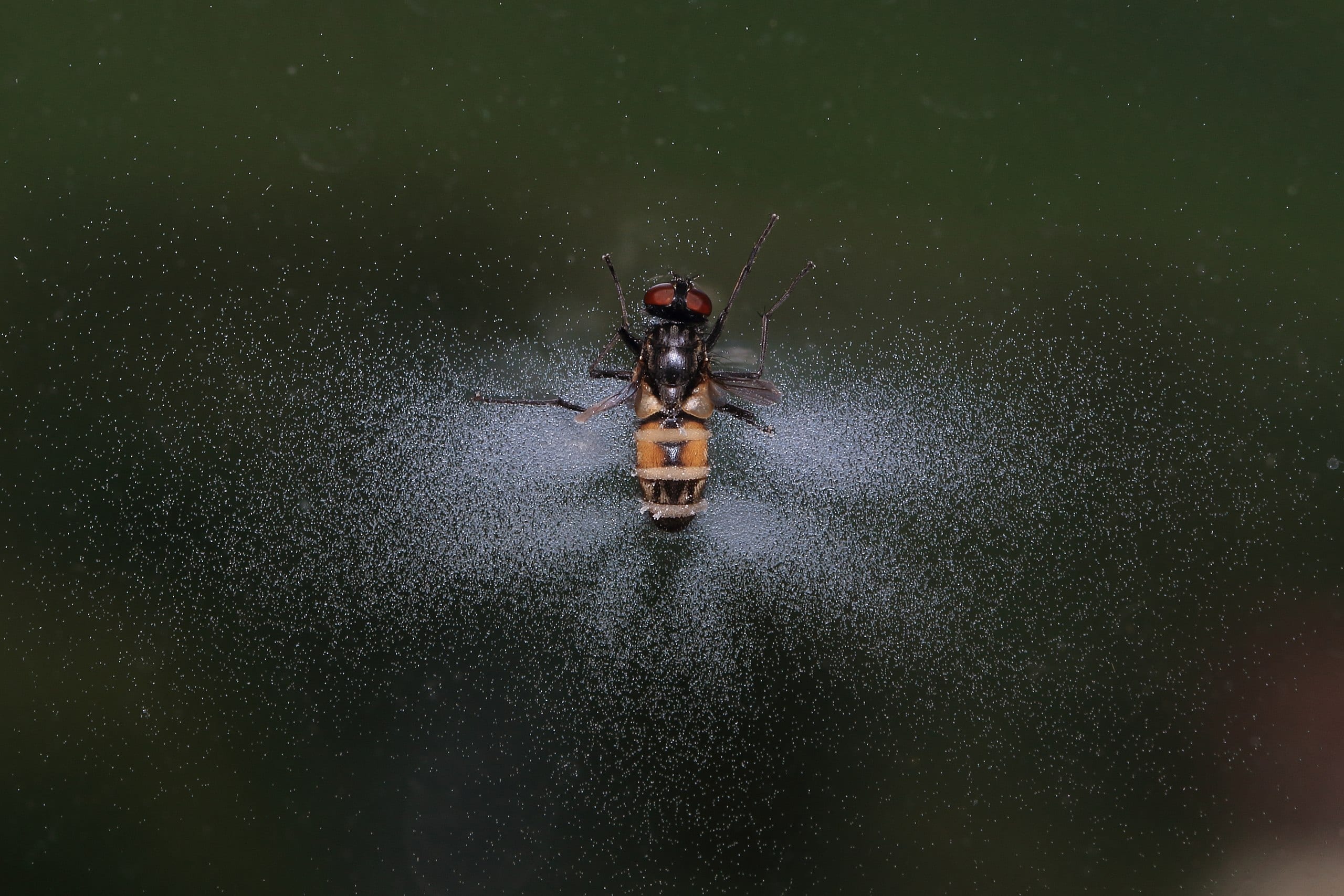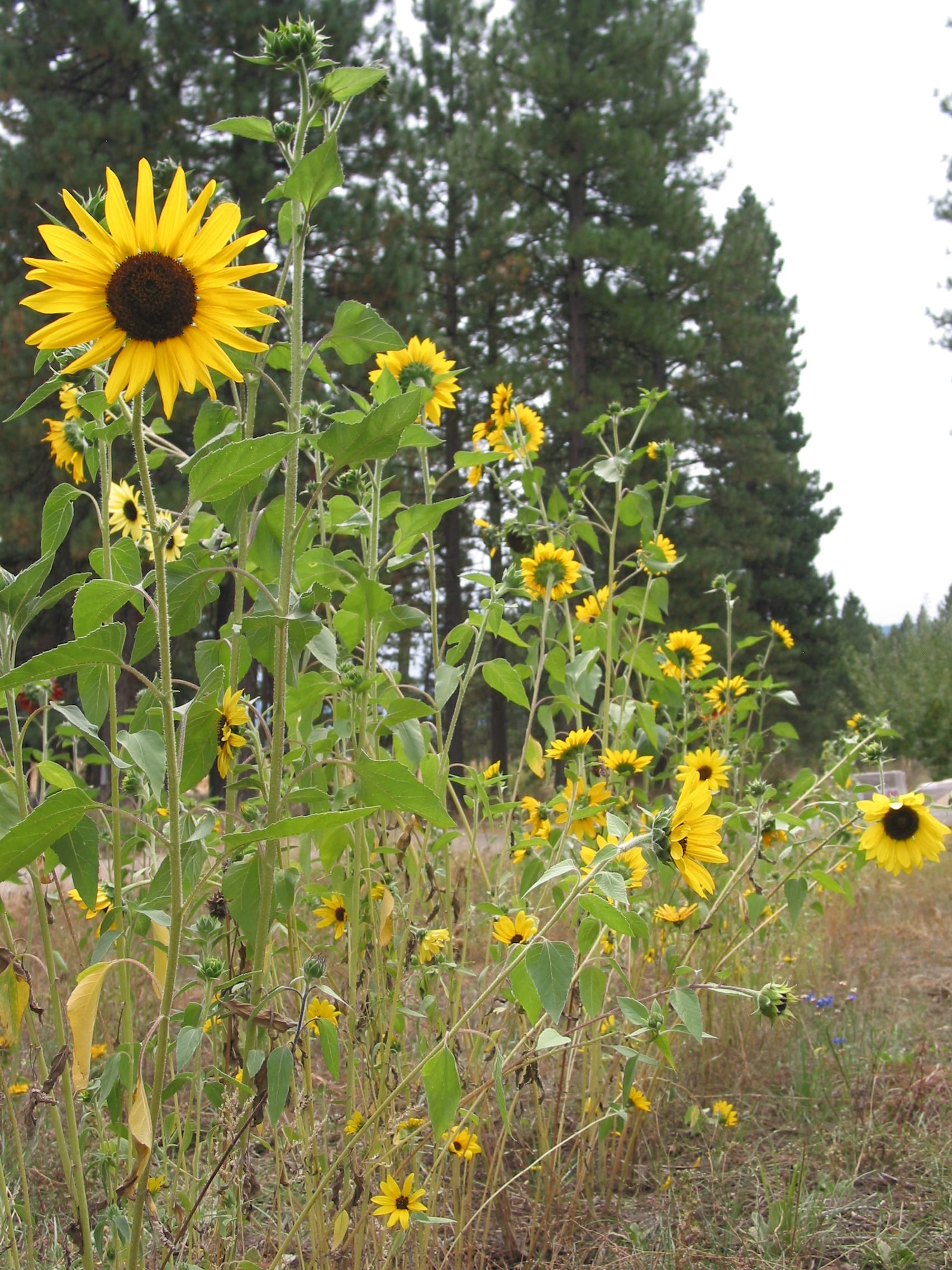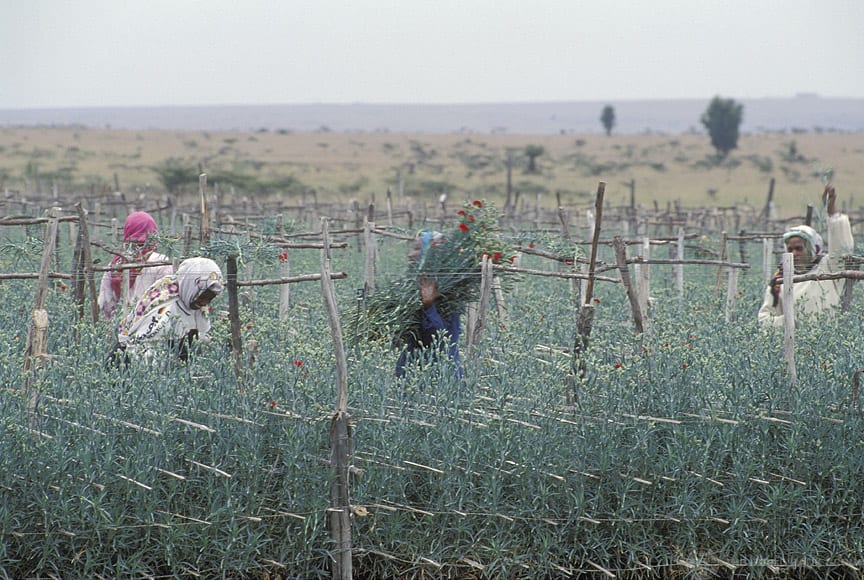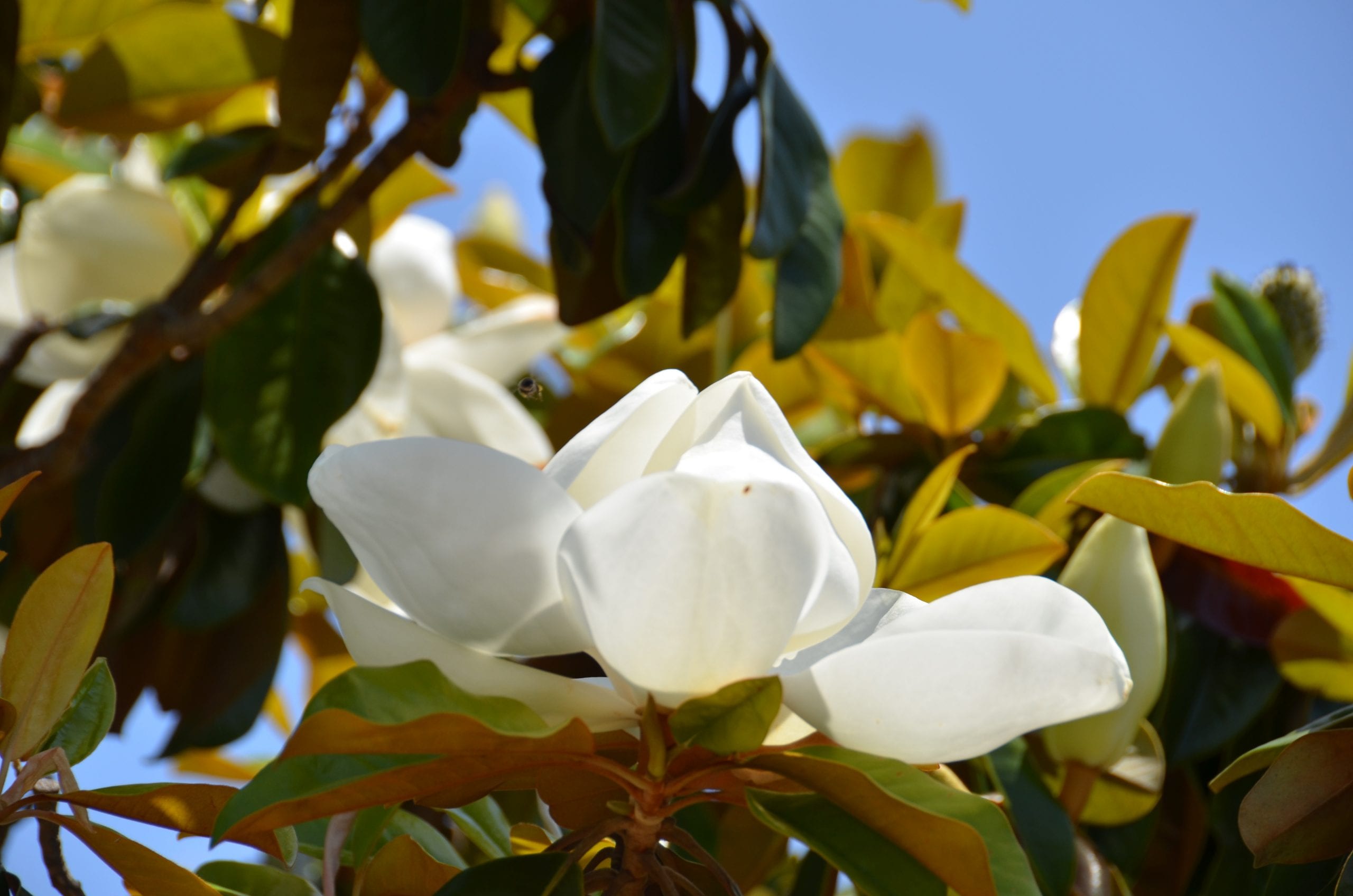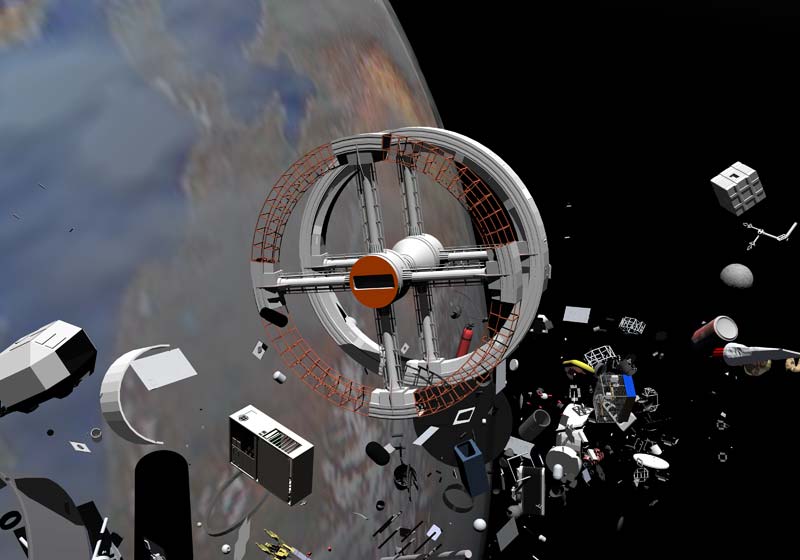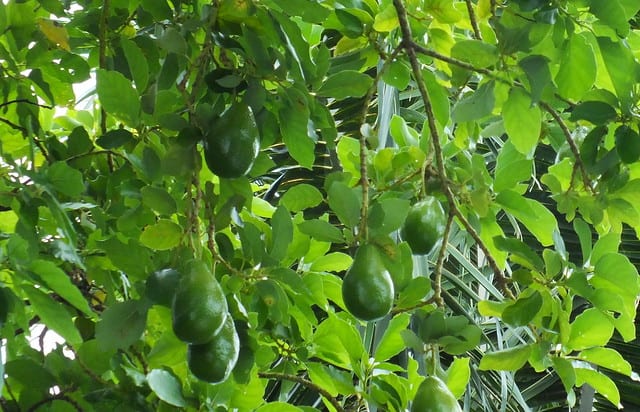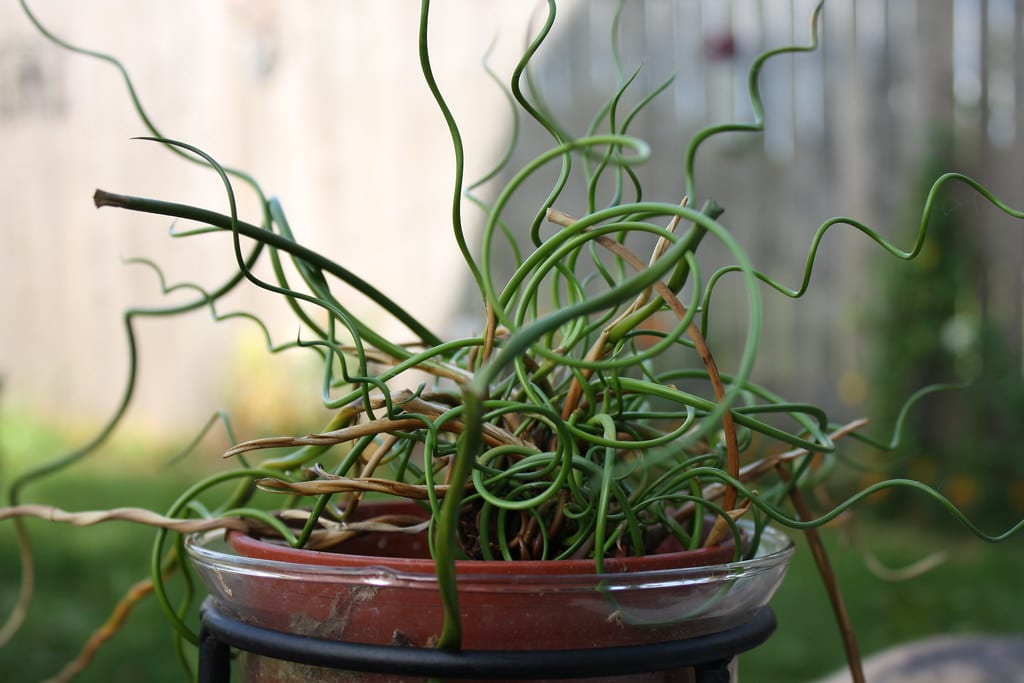
How do plants sense their surroundings?
When laying the most essential foundation of biological sciences to a bunch of first graders, educators often start with a lima bean. Between two layers of a wet paper towel, a lima bean takes root and then sprouts its first two leaves. In a mere eight days, what was once a dry bean is a

